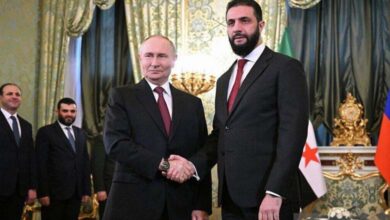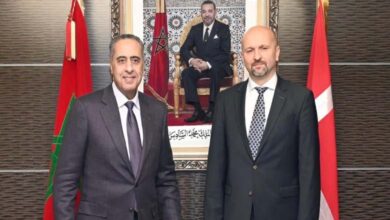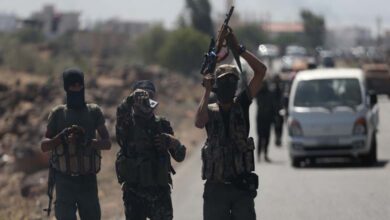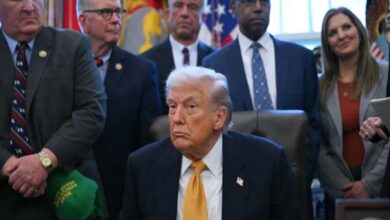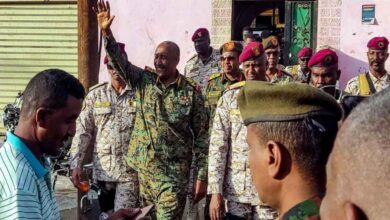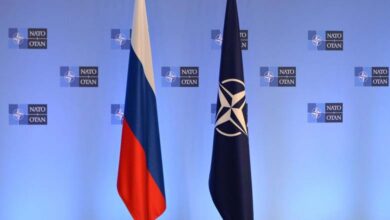Al-Sistani Warns “Al-Itar” in an Angry Message: “Syria’s Events Could Be Repeated in Iraq”
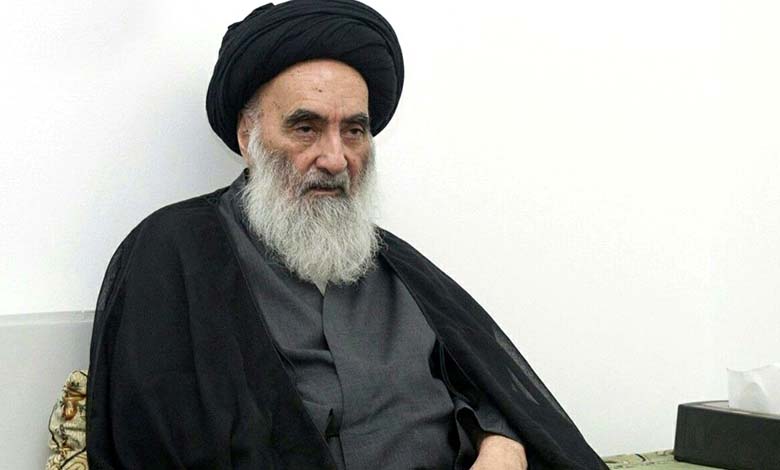
A secret letter was sent to Al-Itar Al-Tansiqi, the ruling coalition in Iraq, by the prominent cleric Ali Al-Sistani, warning of the possibility that the country could witness events similar to those that occurred in Syria.
-
Iraqi Militias Threaten Devastating Response if Israel Assassinates al-Sistani
-
Meager Salaries and Stark Discrimination: Why Are Syrians Defecting from Iranian Militias?
On Sunday evening, the forces of Al-Itar Al-Tansiqi (the ruling Shiite political forces) held an emergency meeting at the office of Nouri Al-Maliki, the former Prime Minister and leader of the State of Law Coalition, in the Green Zone, to discuss the message from the Shiite cleric in Najaf.
A source close to Al-Itar Al-Tansiqi said that the coalition’s meetings usually take place on Monday evenings, but an urgent letter prompted them to hold an emergency session on Sunday.
According to the source, the meeting was attended by Mohamed Al-Hassan, the UN Secretary-General’s representative in Iraq, who conveyed Al-Sistani’s message regarding Iraq’s political situation and the implications of the Syrian events.
-
The top Shia of Iraq cleric, al-Sistani, approved to make early parliamentary elections
-
Returned from Death: A Decade of Struggle for the Reunification of Missing Yazidis
Last Thursday, Al-Sistani received the UN representative at his residence in Najaf in their second meeting within a month, which, according to observers, underscores the significance of the encounter.
The source explained that the letter, written by Al-Sistani’s eldest son and office director, Mohammed Redha Al-Sistani, expressed the cleric’s discontent with the current political situation and the government’s management.
The letter harshly criticized the government’s practices, including corruption, espionage, and leaked audio recordings, which have deeply eroded public trust in politicians.
-
Reverse Migration from Lebanon Amid Israeli Escalation
-
Interview of the Iraqi Prime Minister Mustafa al-Kadhimi with Asharq Al-Awsat
Al-Sistani warned of a possible popular uprising that could entirely overthrow the current political system, urging Shiite forces to reconsider their practices.
The cleric emphasized the need for urgent political and economic reforms, exclusive state control over weapons, and the prevention of Iraq’s involvement in regional conflicts.
He added, “Iraq should not be a battleground for settling scores between conflicting nations,” and stressed that political decisions in the country must not be dictated by the policies of other states in the region, implicitly referring to Iran.
-
What are the objectives of Turkish operations in Syria and Iraq, and what are the key scenarios?
-
Most of Them from Turkey and Syria… The Federal Ministry of Justice Reveals the Number of “Daesh Children” in Iraq
Al-Sistani argued that the end of Bashar Al-Assad’s rule in Syria had stirred stagnant waters, potentially altering Iraq’s political reality. He called on the government to contain the activities of armed Shiite factions.
In a press conference last Thursday, Mohamed Al-Hassan stated from Najaf that Al-Sistani is keen on protecting Iraq from regional tensions. He confirmed that this visit was part of ongoing communication between the UN mission and Iraq’s various components.



